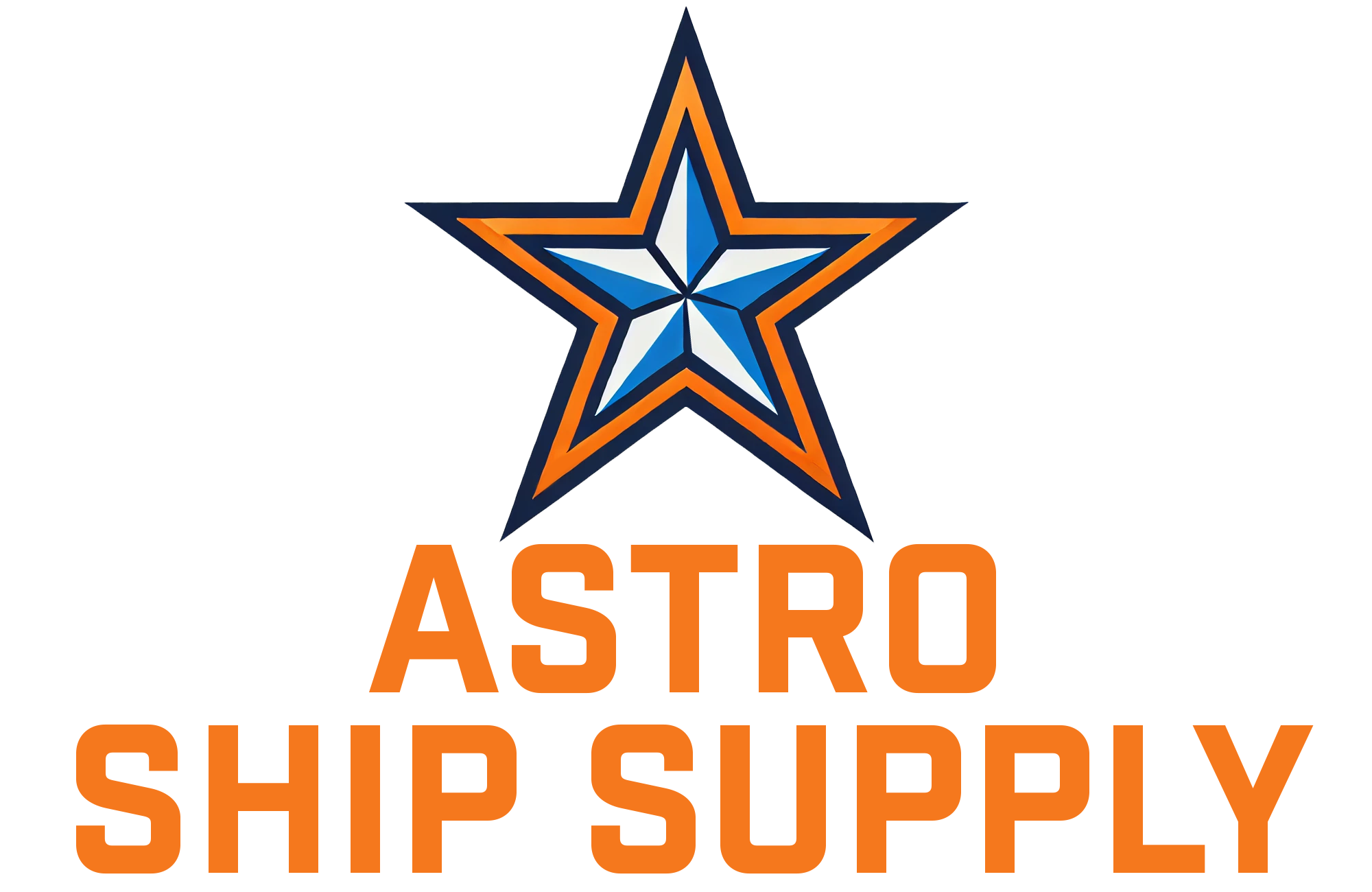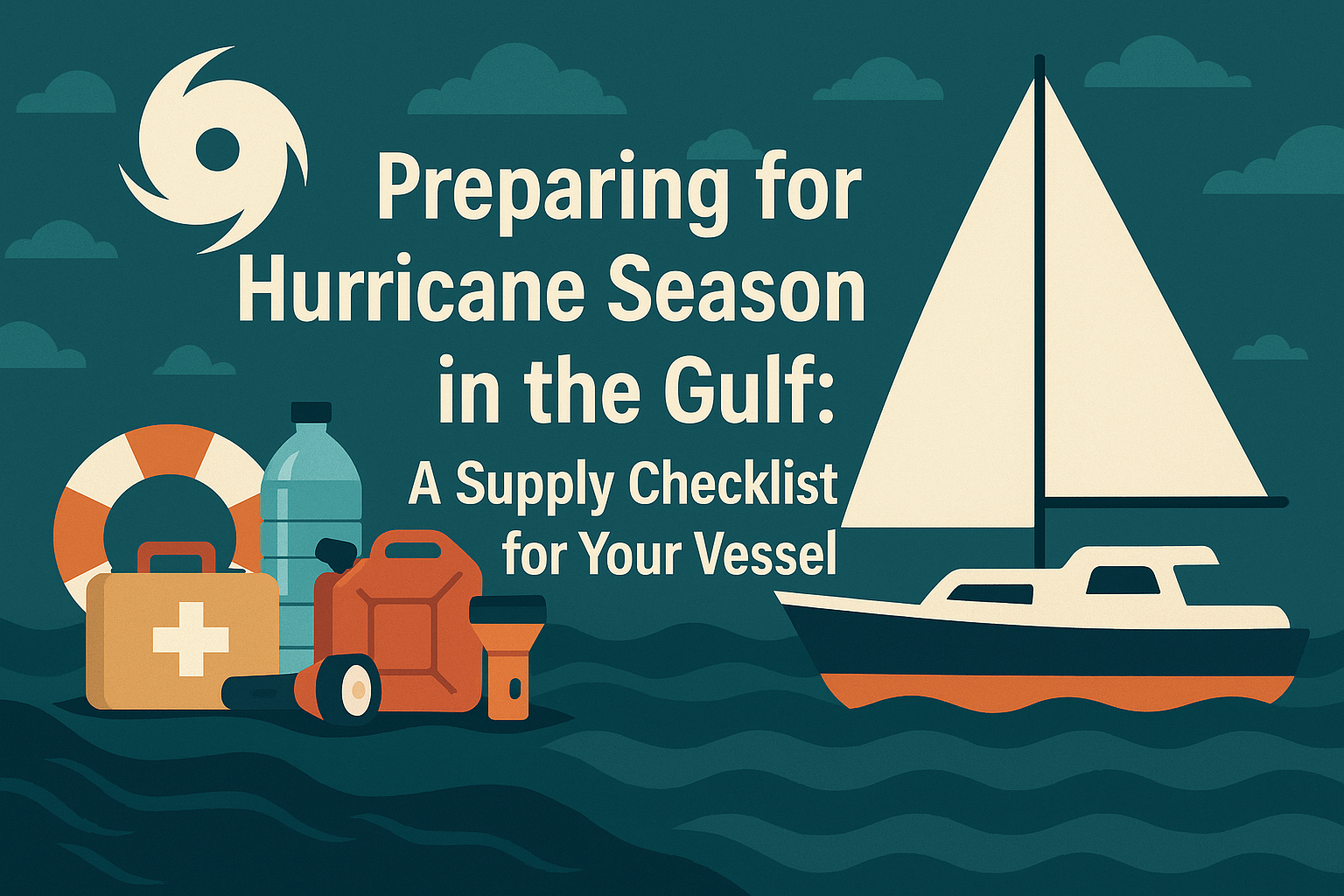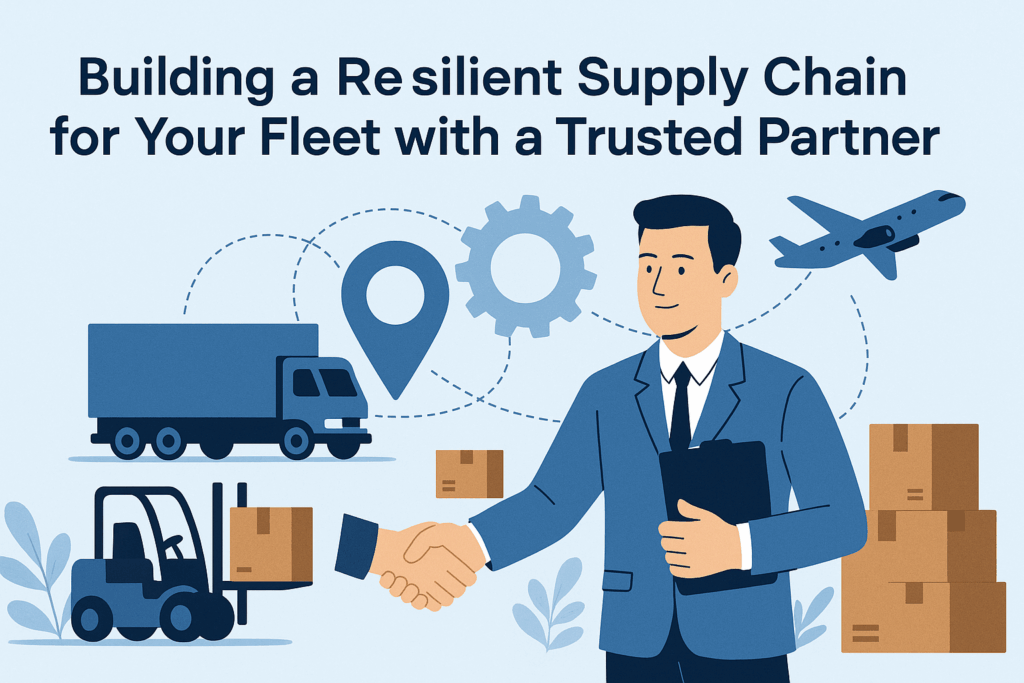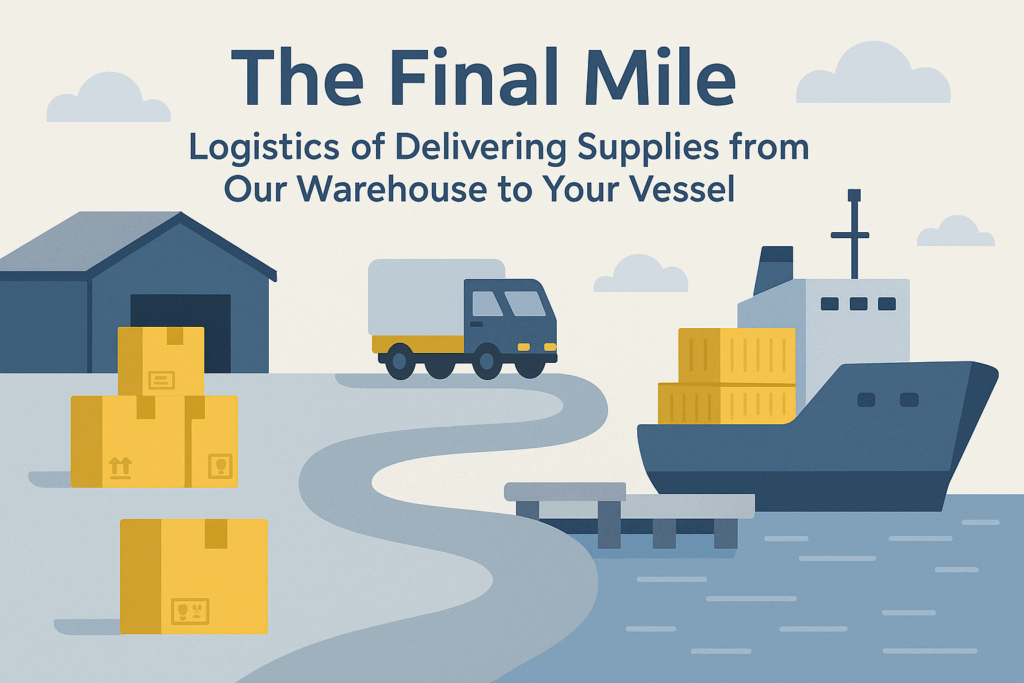At Astro Ship Supply, we understand the unique challenges faced by vessels navigating the Gulf’s waters. Our mission is to equip you with the knowledge and resources to ensure your operations remain smooth and uninterrupted, even in the face of adverse weather. This article will provide actionable insights, comparative analyses, and real-world scenarios to help you fortify your vessel for the upcoming hurricane season.
—
Understanding the Gulf Hurricane Season: A Proactive Approach to Maritime Safety
The Gulf of Mexico is no stranger to the raw power of hurricanes. Each year, from June 1st to November 30th, the region faces the potential for tropical cyclones, ranging from tropical depressions to devastating Category 5 hurricanes. Ignoring the risks can lead to catastrophic consequences, including structural damage, loss of cargo, environmental hazards, and, most importantly, danger to life.
Proactive vessel preparedness extends beyond simply monitoring weather forecasts. It involves a holistic approach that encompasses crew training, vessel maintenance, and, crucially, having the right supplies on board. Waiting until a storm is imminent can lead to supply shortages, inflated prices, and rushed decisions that compromise safety.
The Financial and Operational Impact of Unpreparedness
The cost of hurricane damage can be astronomical. Beyond the immediate repair expenses, there are significant operational disruptions, including:
- Downtime: Unplanned repairs lead to lost revenue and delayed schedules.
- Insurance Claims: While insurance can cover some costs, claims can increase future premiums and involve lengthy processes.
- Reputational Damage: Incidents due to unpreparedness can harm a company’s standing in the industry.
- Environmental Penalties: Spills or other environmental damage caused by a storm can result in hefty fines.
Investing in preparedness is an investment in your vessel’s longevity, your crew’s safety, and your company’s financial stability.
—
Your Essential Hurricane Supply Checklist: What Every Vessel Needs
Building a robust hurricane preparedness plan begins with a thorough supply checklist. This goes beyond standard provisions and includes specialized items for emergency situations. Here’s a detailed breakdown of critical categories:
Provisions: Sustaining Your Crew During Isolation
During a hurricane, resupply lines can be cut off for days or even weeks. Adequate provisions are paramount for crew morale and sustenance.
Key Provisions for Hurricane Preparedness:
- Non-Perishable Food: Canned goods, dried fruits, nuts, energy bars, and MREs (Meals, Ready-to-Eat) that require minimal preparation. Ensure a diverse range to maintain morale.
- Potable Water: A minimum of 1 gallon per person per day for drinking and basic hygiene. Consider water purification tablets or a desalinator as a backup.
- First-Aid Supplies: Comprehensive kits for treating injuries, burns, and common illnesses. Include pain relievers, antiseptics, bandages, and any prescription medications for crew members.
- Hygiene Products: Soap, hand sanitizer, toilet paper, feminine hygiene products, and trash bags.
- Special Dietary Needs: Account for any allergies or dietary restrictions among your crew.
Deck Supplies & Equipment: Securing Your Vessel Against Nature’s Fury
The structural integrity of your vessel is directly tied to the quality and readiness of your deck supplies. These items are crucial for securing loose equipment, reinforcing structures, and managing potential damage.
Critical Deck Supplies:
- Extra Mooring Lines and Fenders: Heavy-duty lines and oversized fenders are essential for securing the vessel against strong currents and preventing collision with other vessels or docks. Consider synthetic lines with higher breaking strength.
- Anchor and Chain Inspection: Ensure your primary and secondary anchors are in excellent working condition, and the anchor chain is free of damage and kinks.
- Storm Shutters/Boards: For windows, portholes, and other vulnerable openings to prevent water ingress and breakage.
- Tarpaulins and Cinch Straps: For covering and securing any equipment on deck that cannot be brought inside.
- Emergency Patches and Sealants: For temporary repairs to hull breaches or leaks.
- Heavy-Duty Tools: Wrenches, hammers, saws, and cutting tools for emergency repairs.
- Portable Pumps: High-capacity bilge pumps in case of significant water ingress.
- Searchlights and Flashlights: With ample spare batteries for visibility during power outages.
Cabin & Accommodation: Ensuring Crew Comfort and Safety
The crew’s living quarters can become their sanctuary during a storm. Ensuring these areas are well-equipped contributes significantly to morale and operational effectiveness.
Essential Cabin & Accommodation Supplies:
- Emergency Lighting: Battery-powered lamps, lanterns, and chemical light sticks.
- Sleeping Bags/Blankets: For warmth in case of power loss or damaged heating systems.
- Communication Devices: Satellite phones, VHF radios, and hand-crank or solar-powered chargers. Do not rely solely on cellular networks.
- Entertainment: Books, playing cards, and battery-powered radios can help alleviate stress and boredom during long periods of confinement.
- Sanitation Solutions: Portable toilets and biohazard bags if regular plumbing is compromised.
Bonded Store: Morale Boost and Emergency Reserves
While often seen as a perk, the bonded store can play a crucial role in maintaining crew morale during extended periods of isolation and stress. It also serves as a strategic reserve for certain non-essential but comforting items.
Strategic Use of Bonded Store During Hurricanes:
- Duty-Free Goods: Tobacco products, alcoholic beverages (for controlled consumption), and confectionery can offer psychological comfort.
- Snacks and Comfort Food: Items that can be enjoyed without preparation, providing a small sense of normalcy.
- Small Personal Items: Reading materials, puzzles, or simple games.
For more insights on the strategic advantages of bonded store services, you can explore our detailed article on “Unlock Savings & Boost Crew Morale: The Strategic Advantage of Bonded Store Services.”
—
Comparative Analysis: Different Vessel Types and Hurricane Preparedness
While the core principles of hurricane preparedness remain constant, the specific needs can vary significantly based on vessel type and operational profile. Here’s a comparative look:
| Vessel Type | Specific Hurricane Preparedness Considerations | Typical Additional Supplies/Measures |
|---|---|---|
| Container Ships | Cargo lashing and securing protocols are paramount. Ensuring containers are properly stacked and secured to prevent shifting or loss at sea. Detailed manifest review for hazardous materials. | Extra lashing gear, comprehensive cargo securing manuals, specialized tools for container operations. |
| Oil Tankers/Chemical Carriers | Strict adherence to IMO regulations for hazardous cargo. Advanced spill containment and fire suppression systems must be fully operational. Emergency shut-off procedures for cargo tanks. | Advanced oil spill booms and absorbents, chemical protective gear, specialized fire-fighting foam. |
| Passenger Vessels/Cruise Ships | Evacuation plans, passenger management, and comfort during extended periods. Ample medical supplies and trained personnel. Redundant communication systems. | Large quantities of non-perishable food and water, extensive medical supplies, entertainment options for passengers, designated safe zones. |
| Offshore Supply Vessels (OSVs) | Securing deck cargo, dynamic positioning systems integrity, and robust towing capabilities for emergency relocation. | Heavy-duty tow lines, additional anchors, robust fendering systems, specialized deck securing equipment. |
| Fishing Vessels | Securing fishing gear, nets, and processing equipment. Smaller vessels may need to seek safe harbor earlier. | Additional anchors for shallow water, strong tie-downs for outriggers and fishing equipment, emergency beacon. |
—
Case Study: The Impact of Proactive Preparedness
The M/V “Guardian”: A Story of Resilience
In 2023, the M/V “Guardian,” a bulk carrier operating in the Gulf, faced an unexpected Category 3 hurricane while en route to Houston. Thanks to a meticulous hurricane preparedness plan developed with Astro Ship Supply, the vessel emerged from the storm with minimal damage and no injuries to its crew.
Before the Storm: Two weeks prior, the “Guardian”‘s crew, following their annual hurricane drill, conducted a full inventory and replenishment of their emergency supplies. This included:
- Stocking an additional two weeks’ worth of non-perishable food and water.
- Inspecting and replacing worn mooring lines and purchasing extra heavy-duty fenders.
- Verifying the functionality of all emergency pumps and communication equipment.
- Securing all deck cargo with reinforced lashings and adding storm boards to vulnerable windows.
During the Storm: As the hurricane intensified, the “Guardian” was able to ride out the storm safely at anchor in a designated hurricane hole. The crew relied on their pre-stocked provisions, and the reinforced deck equipment held firm against extreme winds and waves. A minor hull breach was quickly addressed using on-board emergency sealants, preventing further ingress.
Aftermath: While other vessels in the region reported significant damage and delays, the “Guardian” was able to resume its journey within 24 hours of the storm’s passing, demonstrating the tangible benefits of proactive preparation. This success story highlights the importance of not just having supplies, but also of having a trained crew and a well-rehearsed plan.
—
Ensuring Compliance and Quality: The Astro Ship Supply Difference
When selecting a ship chandler for your hurricane preparedness needs, compliance and quality should be non-negotiable. At Astro Ship Supply, our operations are meticulously aligned with international and U.S. regulations, guaranteeing that every item we provide meets the highest standards.
Our Commitment to Excellence:
- ISO 9001:2015 Quality Management System: Ensures consistent quality in all our services and products.
- HACCP Food Safety Management: Guarantees the safety and integrity of all food provisions, critical during extended voyages.
- Texas Department of State Health Services Compliance: Adherence to local health regulations for all perishable goods.
- International Ship and Port Facility Security (ISPS) Code Compliance: Demonstrates our commitment to maritime security and safe delivery practices.
- U.S. Customs and Border Protection Requirements: Full compliance for all bonded store and international supply operations.
This rigorous adherence to standards means you receive not just supplies, but a guarantee of reliability and safety. Learn more about our commitment to excellence on our About Us page.
—
Beyond Supplies: Strategic Planning for Hurricane Season
While having the right supplies is vital, a comprehensive hurricane preparedness strategy also includes:
- Regular Crew Training: Drills for emergency procedures, damage control, and first aid.
- Vessel Maintenance: Ensuring all systems (propulsion, navigation, communication, bilge) are in optimal working order.
- Emergency Response Plan: Clear protocols for communication, evacuation, and post-storm recovery.
- Secure Mooring Locations: Identifying and pre-arranging access to hurricane holes or sheltered berths.
—
Frequently Asked Questions (FAQ) About Hurricane Preparedness for Vessels
What is the most critical item to stock for hurricane season?
While all items on the checklist are important, potable water and reliable communication devices (like satellite phones) are arguably the most critical. Water is essential for survival, and communication ensures you can call for help or receive vital weather updates if isolated.
How far in advance should I start preparing for hurricane season?
Ideally, preparations should begin well before the official start of hurricane season (June 1st). Annual checks and replenishment of supplies should be completed by late April or early May to avoid last-minute rushes and potential supply chain disruptions.
Can I rely on local suppliers for emergency items during a hurricane warning?
Relying solely on local suppliers during a hurricane warning is highly discouraged. Demand spikes, leading to shortages, inflated prices, and logistical challenges. It’s best to have your essential supplies procured and on board well in advance. Trusted chandlers like Astro Ship Supply can assist with proactive stocking.
What role does crew training play in hurricane preparedness?
Crew training is paramount. Even with the best supplies, a well-trained crew that understands emergency protocols, damage control procedures, and communication systems can make the difference between a minor incident and a major disaster. Regular drills reinforce these critical skills.
How does Astro Ship Supply ensure the quality of its provisions?
Astro Ship Supply adheres to strict quality controls, including HACCP Food Safety Management and compliance with the Texas Department of State Health Services. Our supply chain is carefully managed to ensure freshness, safety, and adherence to maritime standards for all provisions.
—
Final Thoughts: Your Partner in Maritime Preparedness
Preparing for hurricane season in the Gulf requires foresight, precision, and access to reliable supplies. By prioritizing comprehensive provisioning, robust deck equipment, and thoughtful accommodation essentials, you empower your vessel and crew to navigate even the most severe weather conditions.
At Astro Ship Supply, we are more than just a chandlery; we are your dedicated partner in maritime preparedness. Our commitment to quality, compliance, and timely delivery ensures that your vessel is always ready, allowing you to focus on your mission with confidence. Don’t wait for the storm to gather; secure your vessel’s future today.
Request a personalized quote for your vessel’s hurricane preparedness needs by visiting our Request a Quote page or contacting us directly.






